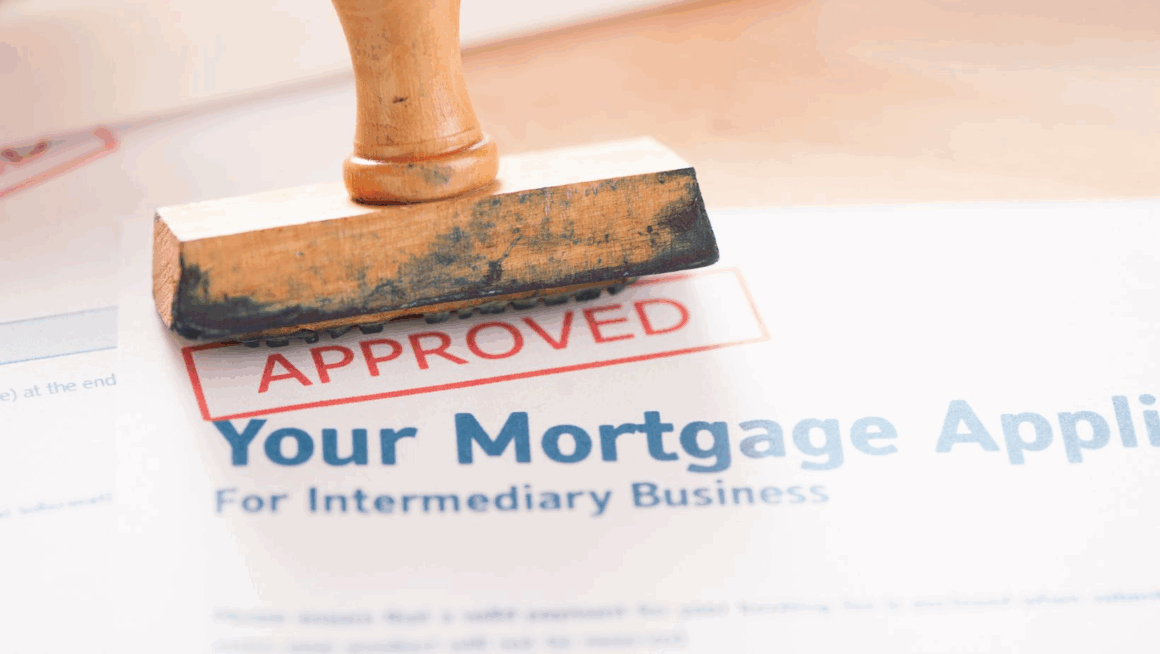
A mortgage is one of the biggest financial commitments you’ll ever take on. As a first-time buyer, that thought can be a little stressful. There’s a lot of money on the line, so even a small mistake can cost you thousands over the life of the loan. That’s why it’s essential to do thorough research and take the time to make smart decisions. Here are five common missteps to avoid when taking out a mortgage, to help you get it right the first time around.
-
Not Shopping Around
When you get your first mortgage offer, it’s natural to be excited. However, don’t let your nerves lead you to accepting it. Mortgage rates, fees, and terms vary a lot. Since mortgages involve a great deal of money and long timeframes, even a half a percentage point difference in interest can mean paying tens of thousands more in total.
For example, if you compare home mortgage loans in Idaho across several lenders, you’ll see that local banks, credit unions, and national lenders all offer different terms. Shop around to find the best deals and negotiate from a position of strength. Aim for at least three quotes before making a decision.
-
Ignoring the True Cost of Homeownership
Becoming a homeowner is fraught with costs, many of which you may not have even heard of as a first-time buyer. The mortgage payment is only part of the financial picture. You’ve also got to consider taxes, homeowners’ insurance, HOA fees, and maintenance. These can add hundreds of dollars in monthly costs, eating into your budget.

Before you buy, make a detailed list of all these expenses. Ask the seller or your real estate agent about the average utility bills and local property taxes. If the home is in an HOA, check the dues and what’s covered. Then, calculate backwards by removing these from your budget to see what’s left for a mortgage. It’s smart to budget conservatively, and it’s better to have a little money left over than to stretch yourself too thin.
-
Overestimating Your Budget
It’s tempting to buy the most expensive home you can get approved for. However, just because a lender says you qualify, it doesn’t mean it’s a good idea. When you stretch your budget too far, it can leave you with little to nothing for emergencies, savings, or day-to-day living.
Instead of focusing on the maximum loan amount, think about what you’re comfortable paying each month and leave some wriggle room. A good rule is to spend no more than 30% of your income on housing costs. That includes mortgage, taxes, and insurance. Try to stay within that safe, expert-recommended range to allow yourself breathing room if expenses or interest rates go up.
Endnote
Your first mortgage is a massive milestone. Whether you’re going it alone or with a partner, you’re taking a major step toward homeownership. And you need to be on solid footing. Shop around, budget wisely, check your credit, and get expert advice. These things will help you avoid the common mistakes new buyers often make. Ultimately, approaching the process with care is the best way to protect your home, family, and financial future.







